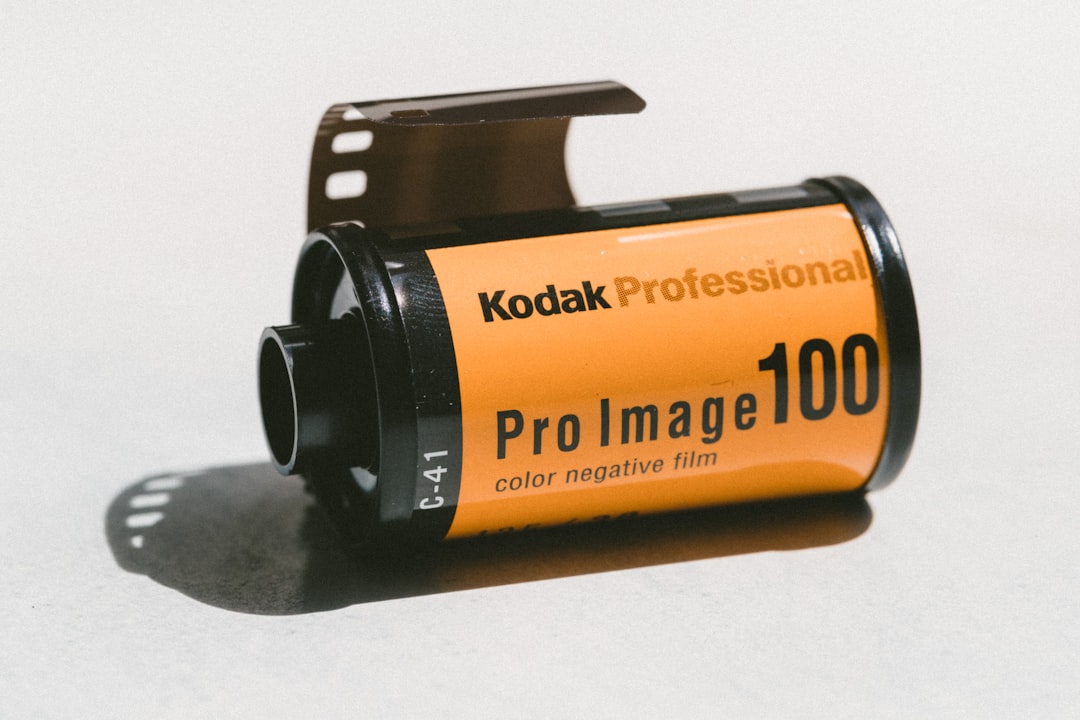In the ever-evolving landscape of filmmaking, Artificial Intelligence (AI) has emerged as a groundbreaking force, revolutionizing the way stories are told on the silver screen. From scriptwriting to post-production, AI technologies are reshaping the traditional methods of cinema production, offering new tools for creativity and efficiency. This article delves into the multifaceted role of AI in film, exploring its implications, innovations, and the ethical questions it raises in the cinematic world.
The AI Scriptwriter
Imagine a screenplay that evolves from the vast data of existing movies, books, and plays, all processed by an AI. AI-driven scriptwriting tools like IBM Watson and others analyze thousands of story points, genres, and dialogues to suggest plot twists and character arcs. While some may argue that this could jeopardize the originality of cinema, others see it as a collaborative tool that enhances the writer’s creativity by providing data-driven insights and suggestions. This synergy could lead to more nuanced and compelling storytelling.
Casting and Performance Capture
AI is not just behind the scenes; it’s transforming them. In casting, AI algorithms can help predict on-screen chemistry by analyzing past performances and audience reactions. Furthermore, in performance capture, AI is used to refine the facial expressions and movements of CGI characters, making them more lifelike than ever. This technology was notably used in creating lifelike creatures and characters in blockbuster movies, offering a seamless blend of actor performance and computer-generated imagery.
Cinematic Visual Effects
The magic of AI extends into the realm of visual effects (VFX), where it automates tedious tasks like rotoscoping, where elements are manually separated frame by frame. AI speeds up this process, allowing VFX artists to focus on the more creative aspects of their work. Moreover, AI algorithms are used in enhancing image resolution, color grading, and even in creating complex simulated environments that react realistically to variable factors like weather.
Personalized Movie Experiences
AI is set to transform how audiences experience movies. Streaming platforms use AI to analyze viewing habits and provide personalized recommendations. Beyond this, AI is being experimented with to alter movie plots in real-time based on viewer reactions, potentially creating a unique version of the film for each viewer. This could redefine narrative structures and audience engagement, making cinema viewing a more interactive experience.
Ethical Considerations and Future Implications
With all its benefits, AI’s integration into film also brings ethical considerations. The deepfake technology, a byproduct of AI, raises issues about consent and misinformation, as it allows for the creation of convincingly real footage of people saying or doing things they did not. Furthermore, there’s a concern about the potential reduction in human jobs, as AI takes over more aspects of film production. Balancing AI’s capabilities with ethical filmmaking practices is crucial for its future in the industry.
In conclusion, AI’s role in filmmaking is poised to grow, potentially changing the industry in unprecedented ways. As filmmakers and technologists continue to explore these advanced tools, the essence of cinema as a mirror to human emotion and creativity holds the promise of reaching new heights, powered by intelligent machines.







